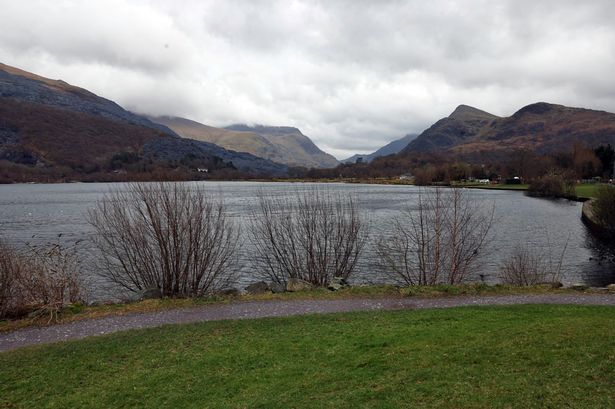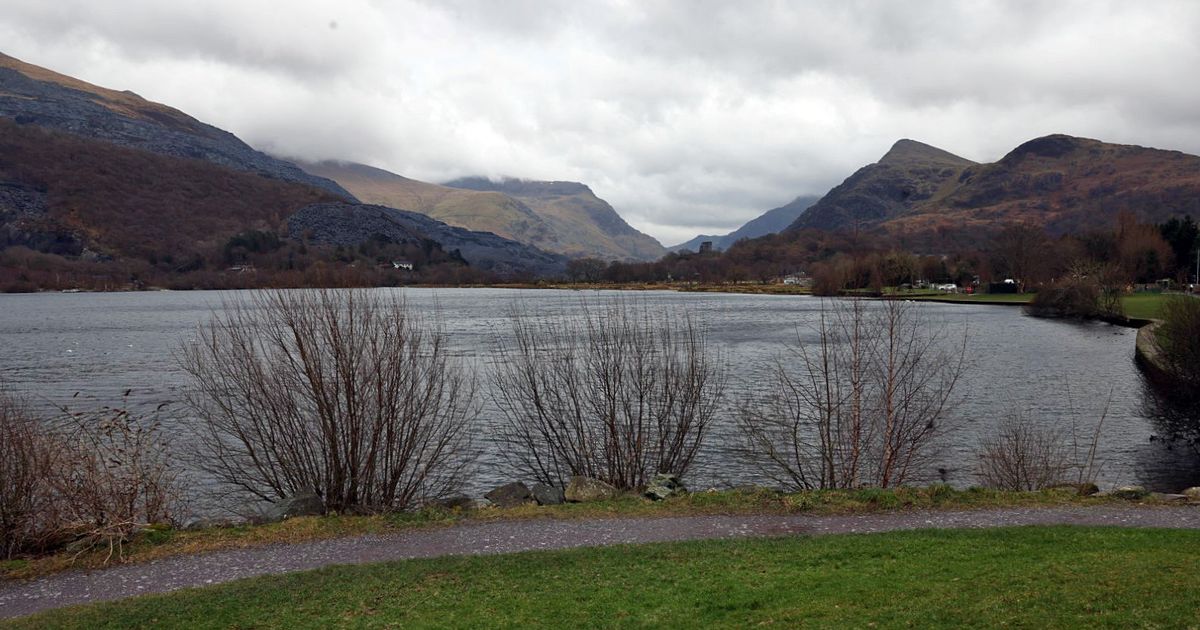Natural Resources Wales, which led the prosecution, said the breaches were ‘avoidable’
13:20, 15 May 2025Updated 14:28, 15 May 2025
 Natural Resources Wales said the case was “landmark” (Image: Reach plc)
Natural Resources Wales said the case was “landmark” (Image: Reach plc)
Dŵr Cymru Welsh Water has been fined £1.35m after admitting 800 breaches of its environmental permits to discharge sewage. The water company said an internal restructure, IT issues and the pandemic were to blame, but regulator Natural Resources Wales (NRW) criticised the company for “inadequacies” in its processes which it called “avoidable”.
NRW said the case was “landmark” and showed it “will not hesitate to use our regulatory and enforcement powers”. Dŵr Cymru Welsh Water pleaded guilty to 15 out of the 18 charges it faced at a hearing in October 2024, accepting the remaining three in December.
Since 2010 there has been a requirement on water companies to carry out self-monitoring of their effluent discharges from their sewage works and water treatment works.
The charges relate to Dŵr Cymru Welsh Water’s self-monitoring data submitted to Natural Resources Wales (NRW) as part of its 2020 and 2021 annual reports. For our free daily briefing on the biggest issues facing the nation, sign up to the Wales Matters newsletter here
Due to the volume of non-compliances, the charges were summarised into 18 offences for the court’s benefit. Regulator NRW said that the 2020 report showed a “noticeable deterioration” compared to previous years, with more than 600 breaches recorded at 300 sites in Wales and Herefordshire.
The company was fined £1.35m and told to pay £70,237.70 in costs.
In interviews, and in their defence in court, Dŵr Cymru Welsh Water said there an internal restructure of the sampling team and IT-related scheduling issues coupled with the effects of the Covid-19 pandemic were the main factors in the deterioration.
While it had got better by the following year, further non-compliances were reported.
NRW say contingency plans should have been in place to ensure the company met their legal duty to comply with their permits while going through the restructure.
They also found missing samples and data in 2020 which meant NRW was unable to fully assess or respond to any environmental impacts. While it’s possible that individually, these non-compliances may have been minor, NRW considers the cumulative impact of all the breaches significant in terms of environmental impact.
Head of operations from Natural Resources Wales Siân Williams said: “This case highlights inadequacies in the processes at Dŵr Cymru which led to widespread permit breaches across Wales and over the border during a period of two years.
“While we appreciate the disruption all businesses faced during 2020 with the Covid-19 pandemic, we believe the failings shown by Dŵr Cymru were avoidable should better contingency planning have been in place.
“Dŵr Cymru’s performance has continued to decline for a number of years now, and this is a stark warning to the company that we will not hesitate to use our enforcement powers to secure the improvements we expect to see.”
NRW has downgraded Dŵr Cymru Welsh Water from a four-star (industry leading) company in 2020 to two-star (requires improvement) company in 2022 and 2023 as part of its annual environmental performance assessment.
During 2023, Dŵr Cymru recorded it’s worst performance against the environmental performance metrics measured, with a spike in significant pollution incidents and a decrease in incident self-reporting.
The descriptive permit non-compliances dealt with by this prosecution are not included as part of the Environmental Performance Assessment matrix.
Ms Williams said: “The court’s decision is the culmination of this complex investigation into the company’s performance across Wales and Herefordshire. I’d like to pay tribute to the diligence and commitment of our regulatory teams in securing permit compliance and enforcing the systemic changes needed within the company.
“We will not hesitate to use our regulatory and enforcement powers where it is the appropriate thing to do to bring any permit holder into compliance.
“In line with our ongoing focus on water quality in Wales, we are investing more resources in frontline compliance monitoring and have increased our auditing of Dŵr Cymru’s self-monitoring activities.”
A Welsh Water spokesman said: “Dŵr Cymru Welsh Water has a strong record of compliance with our monitoring obligations prior to and after the period relevant to this matter.
“A combination of factors impacted our work during 2020-21 that included the COVID 19 pandemic. Despite this we met our monitoring requirements, which involve more than 18,000 tests per year, 98.95% of the time in 2020 and 99.45% in 2021. No sites were left unmonitored during this time, but the unique circumstances during 2020/21 caused significant challenges and disruption to our operations.
“There has been no identified environmental harm associated with this case and the monitoring failures represent a very small number of examples in a programme involving tens of thousands of submissions each year. Nonetheless, we recognise that our compliance fell short during 2020/21 and we entered a guilty plea at the earliest opportunity.
“Welsh Water will continue to work closely with our regulators to ensure that we deliver on our two main priorities, the best possible service to our customers and protecting the environment.”
